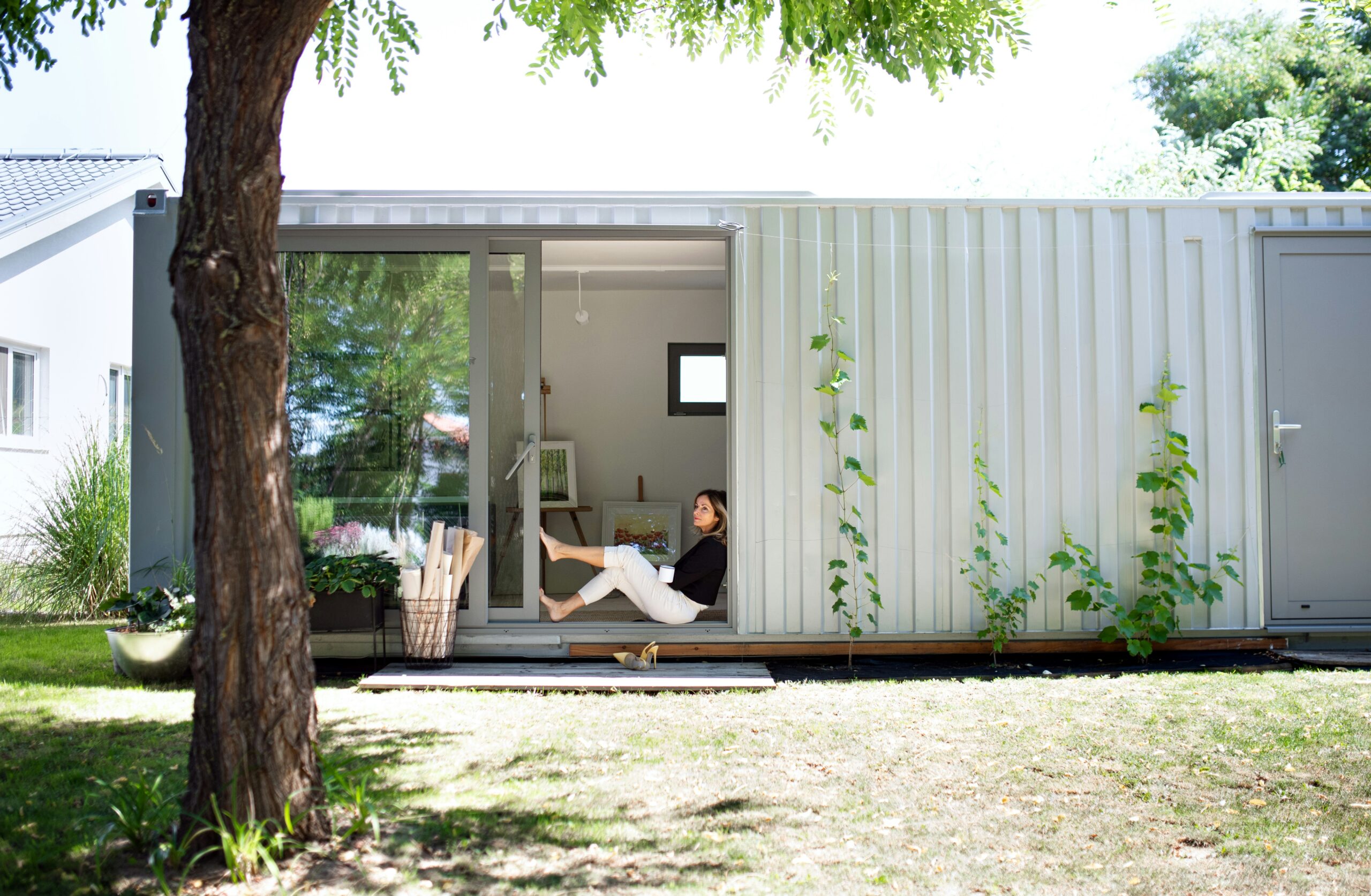How to Make Passive Income with Mobile Home Park Investing
What if you could earn consistent cash flow from real estate—without managing tenants, owning homes, or needing millions to get started?
That’s the appeal of mobile home park investing, and it might be one of the most overlooked strategies for creating passive income and long-term growth in today’s market.
🔗 Don’t want to read the full breakdown? [Watch the video below if you’d rather see the numbers in action.
This article combines real-world deal analysis with a broader look at the mobile home park industry and why it’s gaining traction among real estate investors across the United States.
The Quiet Power of Mobile Home Parks
Mobile home park investing isn’t the flashiest topic at dinner parties, but it’s quietly becoming a favorite among smart investors. Why? Because it delivers something most traditional rental properties can’t: high returns with less hassle.
Unlike short-term rentals or apartment buildings, mobile parks offer low maintenance, less competition, and surprisingly stable cash flow.
In a time of housing affordability crises and rising interest rates, they’re a practical solution to both economic challenges and investor needs.
What Is Mobile Home Park Investing?
At its core, this strategy is about owning the land beneath manufactured homes, not the homes themselves. Residents own their units and lease the land (a.k.a. lot rent) from you. That flips the traditional landlord-tenant model.
You’re not getting calls to fix roofs or HVACs. Your main responsibilities are the infrastructure, common areas, and ensuring tenants have access to utilities. In many ways, you’re managing a small community—not dozens of individual units.
It’s also a strong play in affordable housing. With demand skyrocketing and supply falling short, mobile home parks have become a viable and recession-resistant real estate investment.
Don’t Miss Any Updates. Each week I’ll send you advice on how to reach financial independence with passive income from real estate.
Sign up for my newsletterA Real-World Example: 27% Cash-on-Cash Return
Let’s walk through the numbers from one of our first mobile home park investments:
-
50 tenant-owned lots
-
$275/month lot rent
-
$13,750/month gross income
-
$165,000/year total income
-
35% expenses = ~$107,000 in net operating income (NOI)
-
Purchase price: $850,000
That’s a cap rate of 12.6% — well above typical apartment unit deals. We financed 80% of the purchase and only put down $170,000. After debt service, our annual cash flow was around $46,000, giving us a 27% cash-on-cash return.
No tenants to manage. No homes to maintain. Just stable cash flow from a piece of land.
Why Investors Are Turning to Mobile Home Parks
There are good reasons why this asset class is gaining momentum:
-
High demand for affordable housing
-
Low maintenance compared to rental homes or apartment buildings
-
Lower tenant turnover due to high relocation costs for mobile homes
-
Opportunity for seller financing or off-market deals with mom-and-pop owners
-
Steady returns even during economic downturns
You don’t need to build new parks or wait for the next big boom. Most of the opportunity lies in well-managed parks with room for operational improvements.
Join the Passive Investors CircleEvaluating a Mobile Home Park Investment
Like any real estate investment, success depends on due diligence. But instead of just analyzing a house or apartment unit, you’re focusing on the land and systems:
Location
Is it near jobs, schools, and essential services? Is there zoning support for manufactured housing?
Infrastructure
Water, sewer, roads, and utility connections can make or break a park.
Occupancy and Rent Roll
Are tenants consistent? Are rents below market rate?
Legal and Regulatory Factors
Know your local jurisdiction, especially around rent controls, permits, and tenant rights.
These aren’t just line items—they’re what turn a good deal into a great one.
How This Fits Into a Larger Investment Portfolio
Mobile home parks can serve as a core passive income asset or as a hedge against more volatile investments. Unlike short-term rental properties or flipping, they offer steady performance even in economic downturns.
Whether you’re a potential investor building long-term wealth or someone looking to diversify with less money, mobile home park investing is worth a serious look.
Summary
Mobile home park investing is more than just owning trailer parks. It’s about:
-
Providing needed low-income housing
-
Earning higher returns through smart land ownership
-
Navigating a space with limited competition but growing demand
-
Creating stable, long-term income that doesn’t require micromanagement
With players like Frank Rolfe, Dave Reynolds, and even Warren Buffett betting big on this space, there’s strong demand and market momentum behind it.



